
Tijuana: The Vibrant Gateway to Mexico
Tijuana, located just south of the U.S.-Mexico border, is a lively city that offers a rich blend of cultures, making it an exciting destination for tourists. Known for its vibrant nightlife, bustling markets, and flourishing arts scene, Tijuana promises an unforgettable experience for every traveler. Stroll through Avenida Revolución, the heart of Tijuana, where you can find a myriad of shops, restaurants, and bars. This famous street is the perfect place to sample authentic Mexican cuisine, from street tacos to fine dining, and enjoy local crafts and souvenirs. Art enthusiasts will love the city's burgeoning art scene, with galleries and murals scattered throughout. Make sure to visit the Tijuana Cultural Center (CECUT), a landmark known for its iconic sphere and an excellent venue for exhibitions, theater, and film. For those who enjoy the outdoors, Playa de Tijuana offers a beautiful stretch of beach where you can relax and soak up the sun. The city is also a gateway to the scenic Baja California region, ideal for day trips to vineyards or coastal adventures. Tijuana's unique blend of tradition and modernity, combined with its warm hospitality, makes it a must-visit destination that will leave you eager to return.
Local tips in Tijuana
- Carry some cash, as not all places accept credit cards.
- Visit during weekdays to avoid the weekend crowds.
- Try the local street food, especially the tacos.
- Learn basic Spanish phrases to enhance your experience.
- Use reputable taxi services or rideshare apps for safe transportation.
- Check local event calendars for festivals and cultural events.
Neighbourhoods in Tijuana
Tijuana: The Vibrant Gateway to Mexico
Tijuana, located just south of the U.S.-Mexico border, is a lively city that offers a rich blend of cultures, making it an exciting destination for tourists. Known for its vibrant nightlife, bustling markets, and flourishing arts scene, Tijuana promises an unforgettable experience for every traveler. Stroll through Avenida Revolución, the heart of Tijuana, where you can find a myriad of shops, restaurants, and bars. This famous street is the perfect place to sample authentic Mexican cuisine, from street tacos to fine dining, and enjoy local crafts and souvenirs. Art enthusiasts will love the city's burgeoning art scene, with galleries and murals scattered throughout. Make sure to visit the Tijuana Cultural Center (CECUT), a landmark known for its iconic sphere and an excellent venue for exhibitions, theater, and film. For those who enjoy the outdoors, Playa de Tijuana offers a beautiful stretch of beach where you can relax and soak up the sun. The city is also a gateway to the scenic Baja California region, ideal for day trips to vineyards or coastal adventures. Tijuana's unique blend of tradition and modernity, combined with its warm hospitality, makes it a must-visit destination that will leave you eager to return.
When is the best time to go to Tijuana?
Iconic landmarks you can’t miss
Parque Morelos
Explore the beauty of Parque Morelos, a vibrant park in Tijuana filled with lush landscapes, diverse wildlife, and family-friendly attractions.
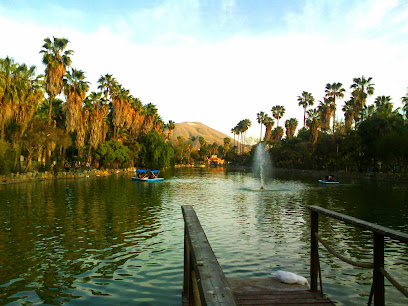
Tijuana Cultural Center
Explore the Tijuana Cultural Center, where art, science, and culture unite in a stunning architectural marvel in the heart of Tijuana.
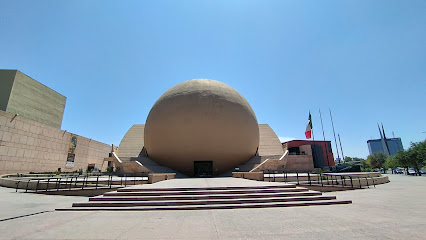
Amistad Park
Discover the tranquil beauty of Amistad Park in Tijuana, where lush landscapes meet recreational fun, perfect for families and nature lovers alike.
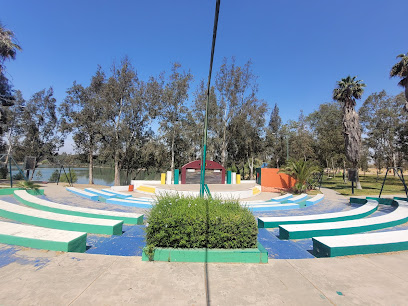
Parque Teniente Guerrero
Explore the charm of Parque Teniente Guerrero in Tijuana - a lush urban park filled with history, culture, and vibrant community spirit.
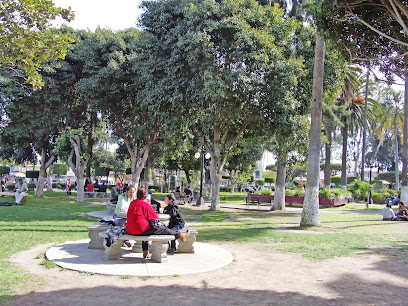
Las Pulgas
Experience the exhilarating nightlife of Tijuana at Las Pulgas, where vibrant music and lively crowds keep the party going all night long.
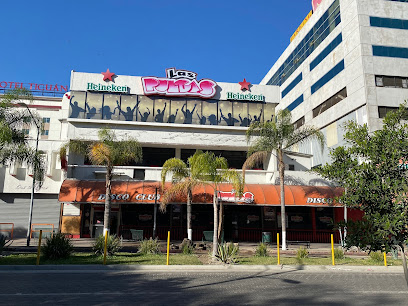
Plaza Mundo Divertido
Experience the thrill of Plaza Mundo Divertido, Tijuana's top amusement park with exciting rides, delicious food, and endless fun for the whole family.
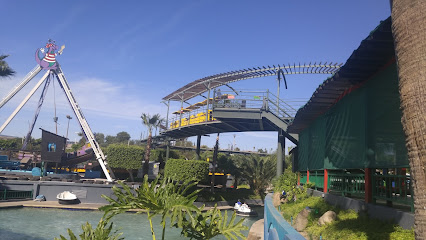
Mundo Divertido
Discover the exhilarating world of Mundo Divertido, Tijuana's premier amusement park with thrilling rides and family-friendly attractions.
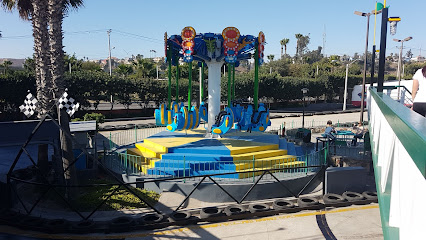
Tijuana Arch (Friendship Arch)
Explore Tijuana's Friendship Arch - a historic landmark symbolizing the bond between Mexico and the USA, located in the vibrant heart of Tijuana.
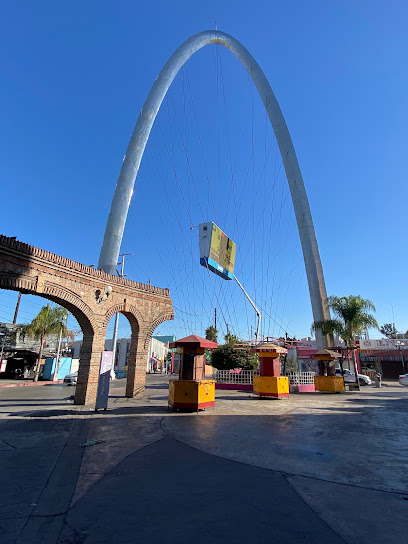
PLAZA SANTA CECILIA
Discover the vibrant heart of Tijuana at Plaza Santa Cecilia, a cultural hub filled with art, music, and authentic local cuisine.
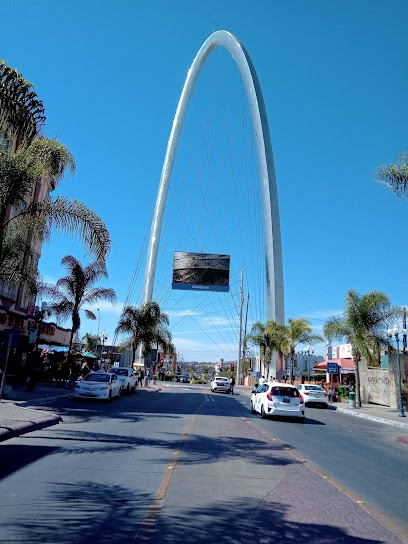
Mercado Hidalgo
Experience the vibrant culture and culinary delights at Mercado Hidalgo, Tijuana's bustling market, where local ingredients and artisan crafts come alive.
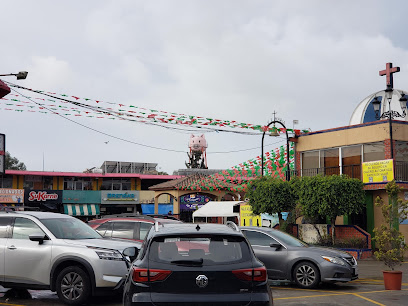
RELOJ MONUMENTAL
Discover Tijuana's iconic Reloj Monumental, a stunning clock tower that embodies the city's rich culture and vibrant history, perfect for every traveler.
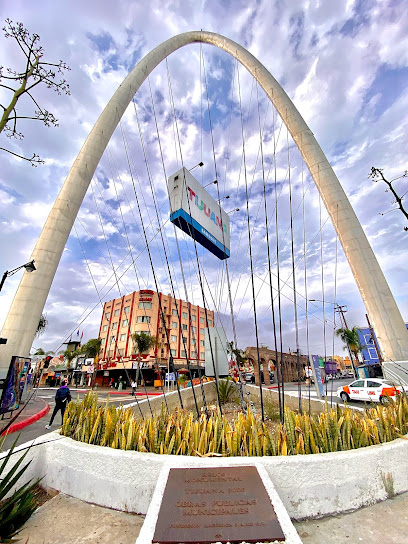
Monument to Emperor Cuauhtémoc
Explore the Monument to Emperor Cuauhtémoc in Tijuana, a powerful tribute to indigenous heritage and a must-see tourist attraction.
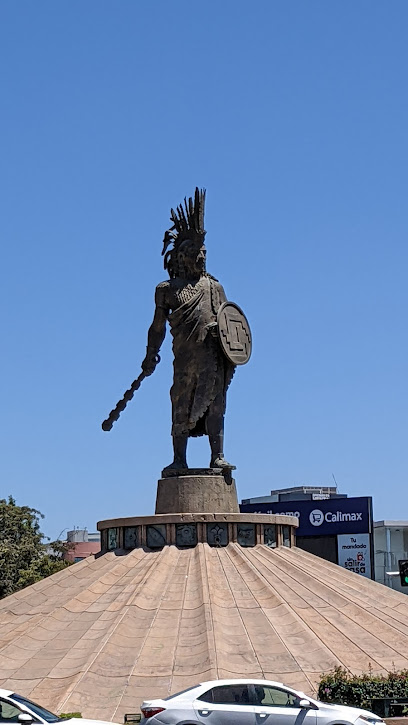
MULLME Museo de La Lucha Libre Mexicana
Explore the colorful world of Lucha Libre at MULLME Museo de La Lucha Libre Mexicana in Tijuana, where wrestling culture comes alive through vibrant exhibits.
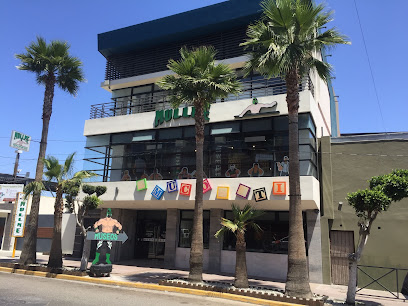
Monumento de La Diana Cazadora
Discover the enchanting Monumento de La Diana Cazadora in Tijuana, an iconic tribute to culture and artistry set in a vibrant urban landscape.

Monument to Abraham Lincoln
Discover the Monument to Abraham Lincoln in Tijuana, where art, history, and culture converge in a vibrant urban setting.
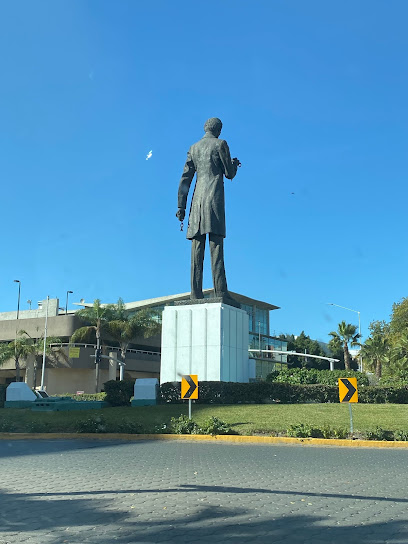
Unmissable attractions to see
San Diego Zoo
Explore the San Diego Zoo, a premier wildlife sanctuary featuring over 3,500 animals and immersive exhibits in beautiful Balboa Park.
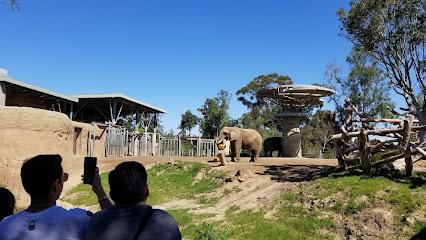
USS Midway Museum
Discover naval history at the USS Midway Museum in San Diego, where interactive exhibits and historic aircraft come together for an unforgettable experience.
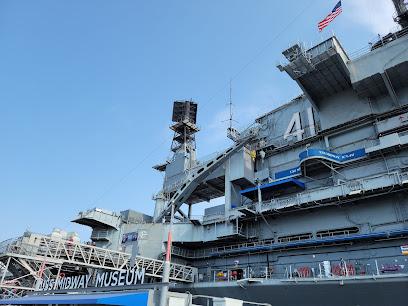
SeaWorld San Diego
Discover the thrill of rides, the charm of marine life, and unforgettable experiences at SeaWorld San Diego, a must-visit theme park.
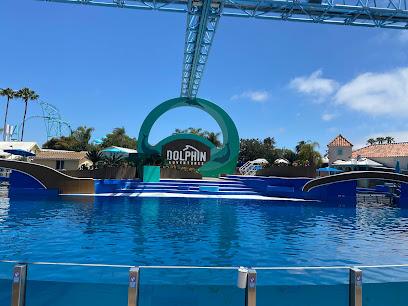
Old Town San Diego State Historic Park
Step into California's past at Old Town San Diego State Historic Park, where history, culture, and vibrant traditions come alive in a charming setting.
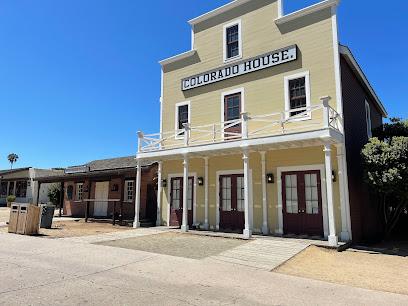
Seaport Village
Explore Seaport Village, San Diego's premier waterfront shopping and dining destination, filled with unique shops and scenic views.
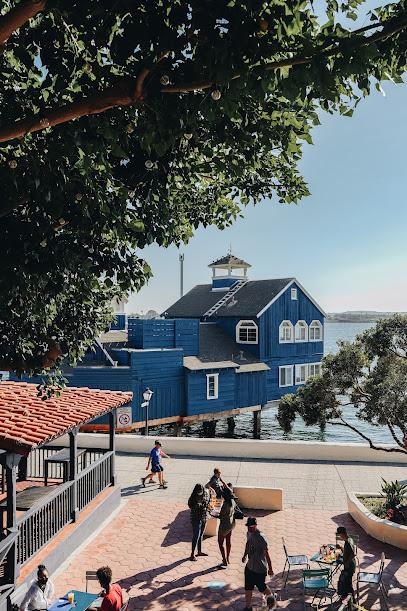
Mission Bay Park
Experience the tranquil beauty of Mission Bay Park in San Diego, where sandy beaches meet scenic trails and vibrant wildlife.
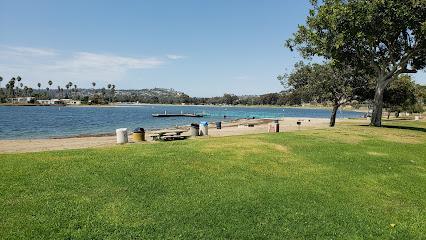
Tijuana Cultural Center
Explore Tijuana's rich cultural heritage at the Tijuana Cultural Center, featuring art, history, and an IMAX theater in one stunning location.
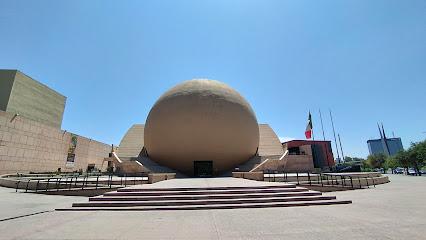
Petco Park
Discover the excitement of Major League Baseball at Petco Park, San Diego's premier stadium with stunning views and unforgettable experiences.
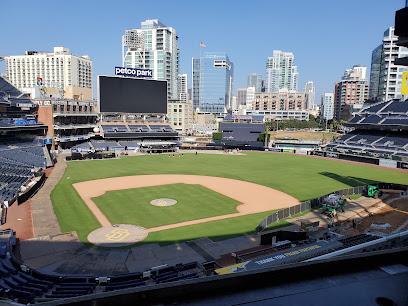
Belmont Park
Discover Belmont Park in San Diego: A thrilling amusement park experience by the beach, featuring rides, games, and delicious food for every adventurer.
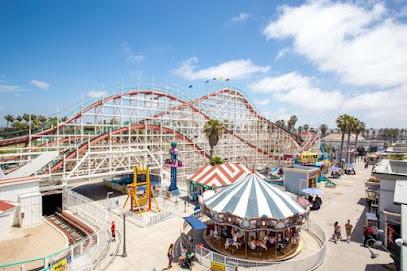
Torrey Pines State Natural Reserve
Explore the breathtaking cliffs, diverse wildlife, and scenic trails of Torrey Pines State Natural Reserve – a coastal jewel in La Jolla, California.
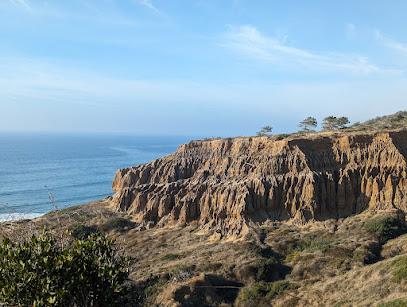
Cabrillo National Monument
Explore the rich history and stunning vistas at Cabrillo National Monument in San Diego, a perfect blend of nature and culture.
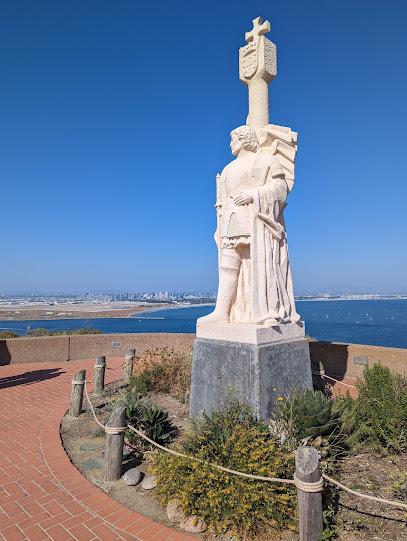
Lifeguard La Jolla Cove
Experience the breathtaking beauty and adventure of La Jolla Cove, a coastal gem in California offering stunning views, marine life, and recreational activities.
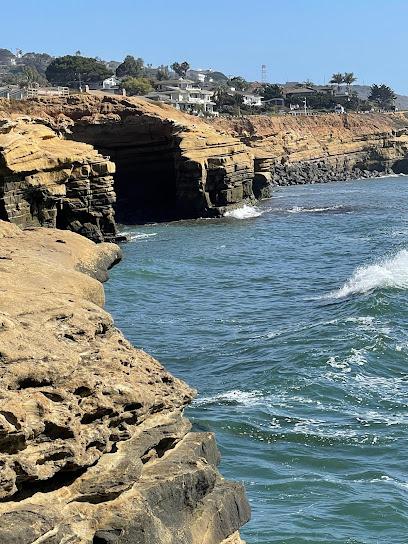
Waterfront Park
Experience the beauty of Waterfront Park in San Diego, a perfect blend of nature and recreation with stunning bay views and lush gardens.
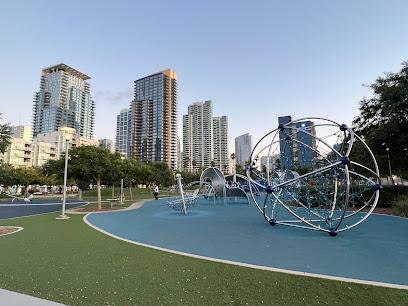
Ocean Beach Pier
Discover Ocean Beach Pier: A picturesque fishing pier in San Diego with stunning ocean views, vibrant local culture, and unforgettable experiences.
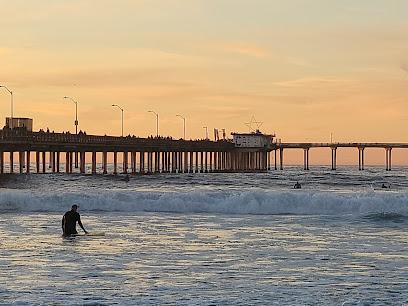
Parque Teniente Guerrero
Explore Parque Teniente Guerrero, Tijuana's urban oasis, where art, culture, and nature combine in a vibrant park setting.
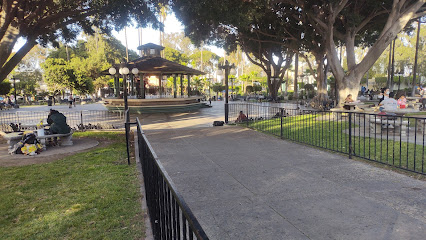
Essential places to dine
Lion Fish
Experience fresh seafood delights at Lion Fish in Tijuana's vibrant Zona Río—where flavor meets hospitality in every bite.
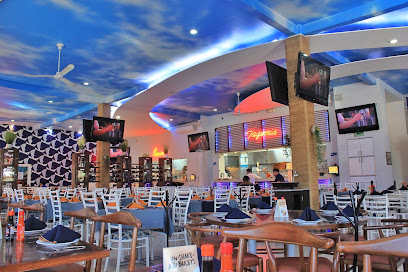
La Espadaña
Discover authentic Mexican flavors at La Espadaña in Tijuana – where every meal is a celebration of tradition and taste.
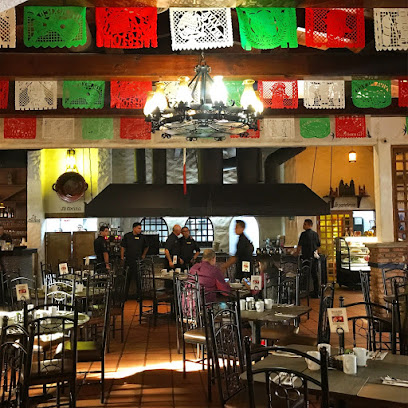
Caesar's
Indulge in authentic Italian cuisine at Caesar's in Tijuana—where fine dining meets exceptional service in an inviting atmosphere.
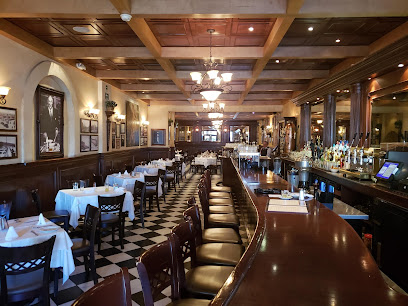
Lion Fish - La Terraza
Experience fresh seafood and vibrant atmosphere at Lion Fish - La Terraza in Rio Tijuana; perfect for tourists seeking local culinary delights.
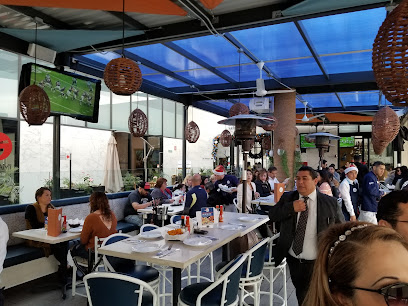
Mole Poblano House
Experience authentic Mexican flavors at Mole Poblano House in Tijuana, renowned for its exquisite mole dishes and inviting atmosphere.
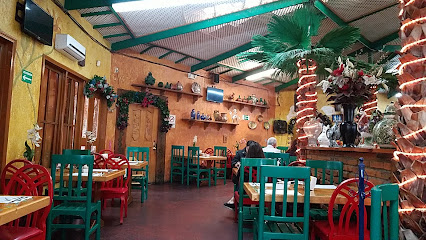
Mi Chante Restaurant
Experience authentic Mexican cuisine at Mi Chante Restaurant in Tijuana, where every dish tells a story of tradition and flavor.
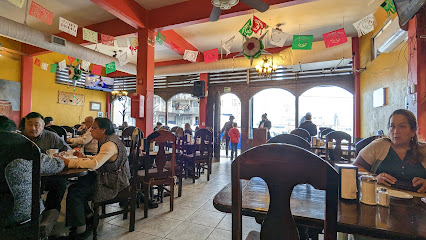
Churrascaria Do Brasil
Experience authentic Brazilian cuisine at Churrascaria Do Brasil in Tijuana—indulge in endless grilled meats and vibrant flavors.
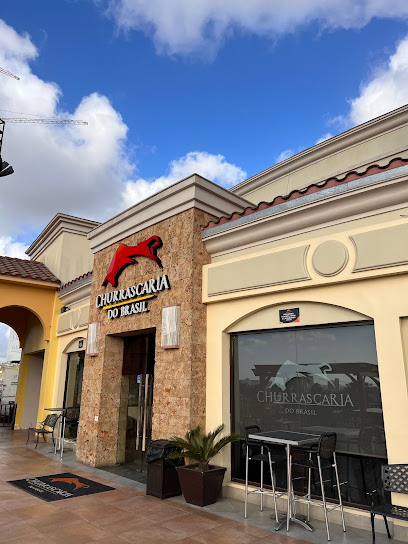
Cabanna Restaurant
Discover the vibrant flavors of Baja California at Cabanna Restaurant – a seafood paradise in Tijuana offering fresh dishes and refreshing drinks.
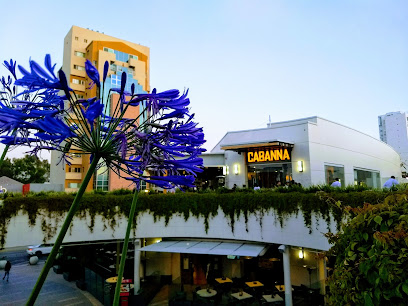
Villa Marina Restaurante Tijuana
Experience the best seafood dining at Villa Marina Restaurante in Tijuana - where fresh flavors meet traditional Mexican hospitality.
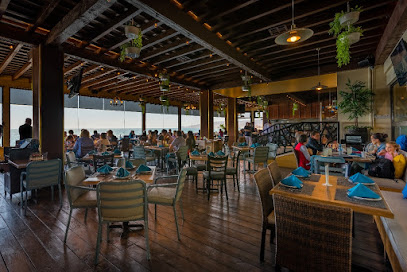
Sabor a mí Restaurante
Experience authentic Mexican flavors at Sabor a mí Restaurante in Tijuana—your destination for delicious breakfast and brunch delights.
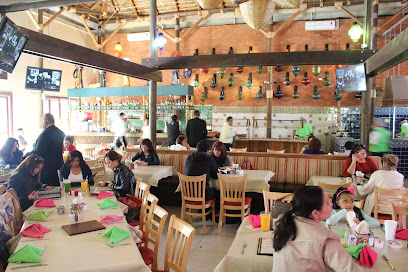
Marenca
Experience culinary artistry at Marenca in Tijuana - where traditional flavors meet modern elegance in fine dining.
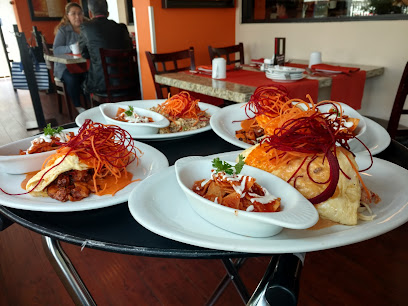
Villa Saverios
Discover the essence of Italian cuisine at Villa Saverios in Tijuana - where every dish tells a story of flavor and tradition.
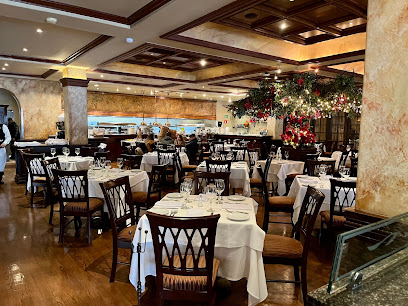
La Diferencia Restaurante
Savor authentic Mexican cuisine at La Diferencia Restaurante in Tijuana - a culinary delight that captures the essence of traditional flavors.
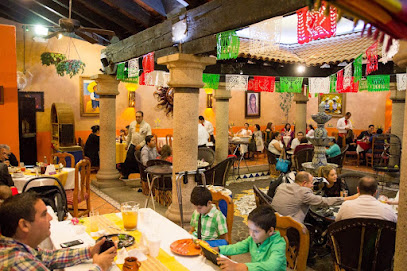
Restaurant La Fogata
Experience authentic Mexican cuisine at Restaurant La Fogata in Tijuana's vibrant Zona Río district—where every meal is a celebration of flavor.
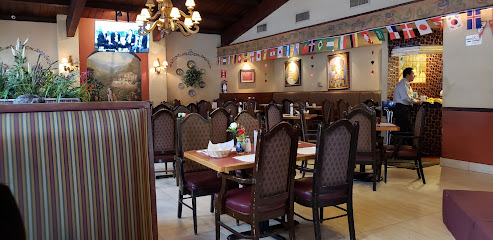
Restaurant Palominos
Discover exquisite steaks and vibrant ambiance at Restaurant Palominos in Tijuana - a must-visit for food lovers.
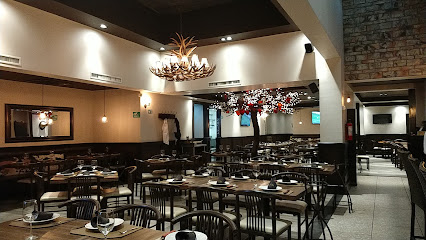
Markets, malls and hidden boutiques
Galerías Hipódromo
Experience the best of shopping, dining, and entertainment at Galerías Hipódromo, Tijuana's premier shopping destination.
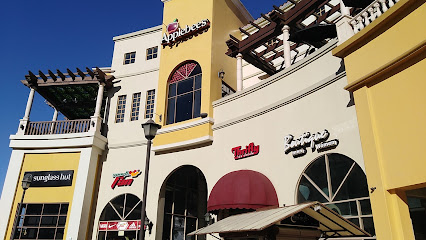
Swap Meet Siglo XXI
Discover a bustling shopping paradise at Swap Meet Siglo XXI in Tijuana, where culture, food, and unique finds await every traveler.
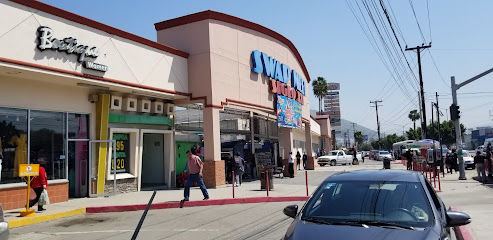
Paseo Chapultepec
Discover the lively atmosphere of Paseo Chapultepec, Tijuana's premier shopping destination with diverse shops and delightful dining options.
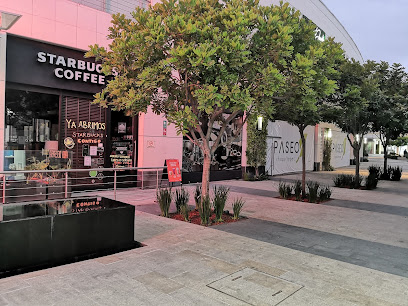
Plaza Río
Explore the lively Plaza Río in Tijuana – your ultimate shopping mall destination for a unique blend of retail, dining, and entertainment experiences.
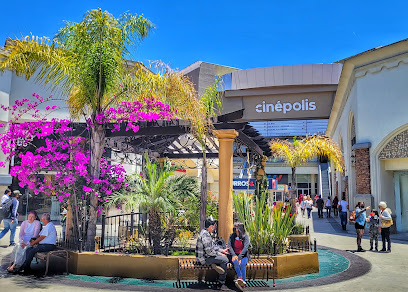
Women Square
Explore Women Square in Tijuana, where shopping, dining, and entertainment converge in a lively cultural experience.
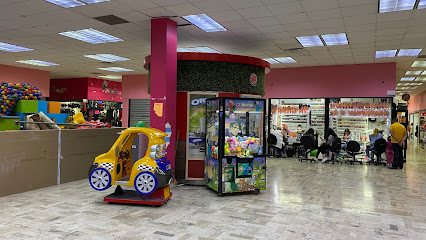
Plaza Pavilion
Discover endless shopping and dining options at Plaza Pavilion, Tijuana's vibrant shopping mall in Zona Río.

Sanborns
Discover the charm of Tijuana at Sanborns, where shopping meets dining in a vibrant cultural setting.
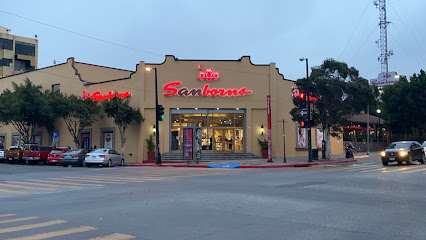
Península
Discover the vibrant shopping and dining experience at Península in Tijuana, your go-to destination for leisure and entertainment.
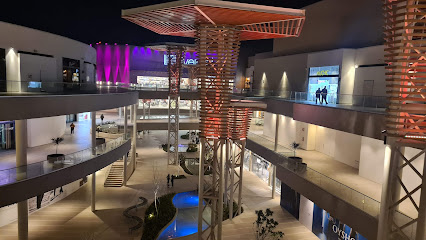
Mercado Hidalgo
Explore Mercado Hidalgo: A vibrant market in Tijuana offering authentic cuisine, unique crafts, and a taste of local culture.
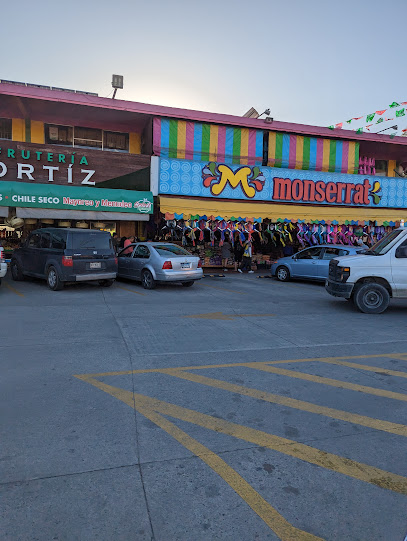
FAKAP STORE
Explore FAKAP STORE in Tijuana for an eclectic mix of clothing, accessories, and unique gifts that capture the spirit of local culture.
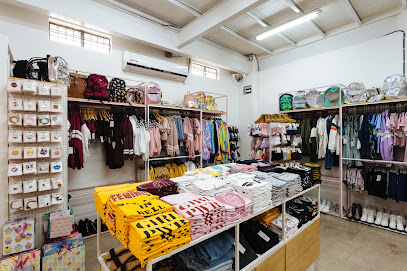
La Gatita
Discover unique gifts and local crafts at La Gatita in Tijuana's vibrant Zona Río, where culture meets creativity.
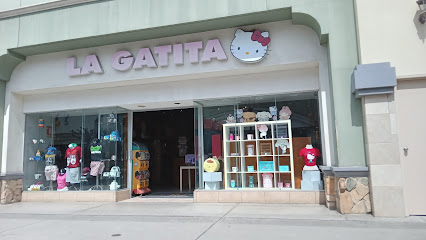
LILIANA REAL SUCURSAL AGUACALIENTE
Explore the vibrant selection of unique fashion and artisan goods at Liliana Real Sucursal Aguacaliente, a must-visit boutique in Tijuana.

L. A. Cetto
Discover the rich flavors of Mexican wine at L. A. Cetto, a leading winery and wine store in Tijuana, perfect for enthusiasts and casual drinkers alike.
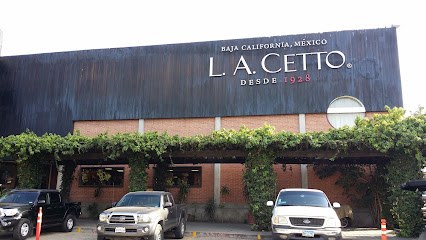
La Casa del Habano
Discover the elegance of La Casa del Habano in Tijuana, where premium cigars meet luxury and relaxation in an inviting atmosphere.

PAPELERÍA D'TUTU REGALOS
Discover unique gifts and local crafts at PAPELERÍA D'TUTU REGALOS, Tijuana’s charming gift shop for all your celebration needs.
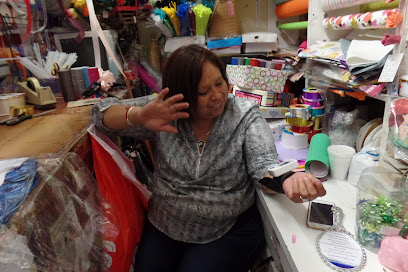
Essential bars & hidden hideouts
Las Pulgas
Experience the vibrant nightlife of Tijuana at Las Pulgas, a bar and disco club offering delicious food, drinks, and unforgettable entertainment.
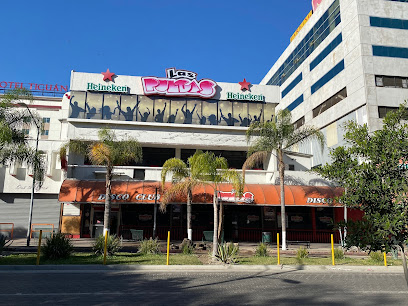
El Copeo
Experience vibrant nightlife and authentic culture at El Copeo, Tijuana's premier bar and disco club, perfect for an unforgettable night out.
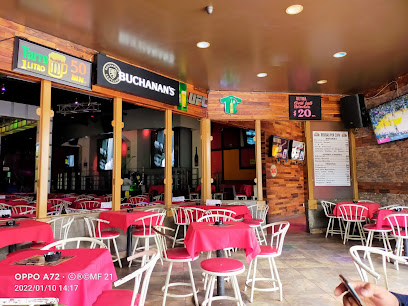
Sótano Suizo
Experience the vibrant atmosphere and diverse flavors at Sótano Suizo, Tijuana's ultimate restaurant and pub destination.
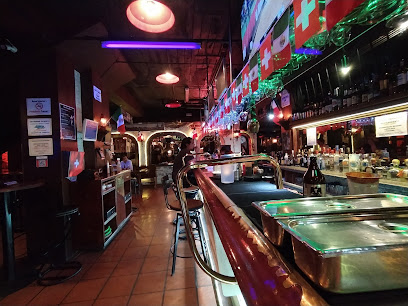
DANDY DEL SUR
Discover Tijuana's vibrant nightlife at Dandy Del Sur, a cozy bar with exquisite drinks and a lively atmosphere.
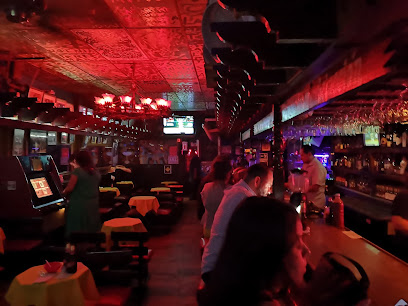
Rubiks
Experience the vibrant nightlife of Tijuana at Rubiks, a stylish bar offering an eclectic drink menu and lively atmosphere.
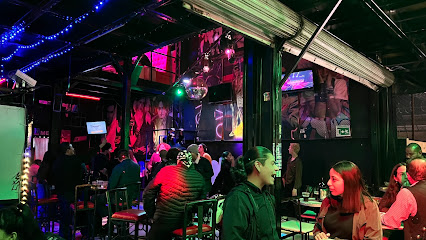
La Justina
Discover the vibrant flavors of Tijuana at La Justina, a premier grill restaurant offering an unforgettable dining experience in the heart of the city.
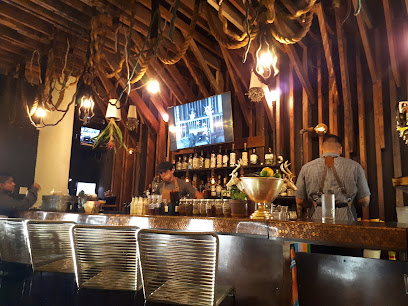
BCB Tasting Room
Discover the vibrant BCB Tasting Room in Tijuana, where craft beer meets a lively atmosphere, perfect for a memorable night out.
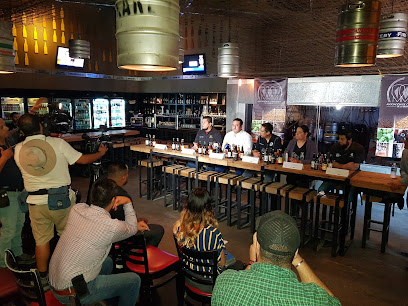
Border Psycho Cantina
Border Psycho Cantina in Tijuana offers a vibrant bar experience with craft drinks, live music, and a unique atmosphere perfect for tourists.
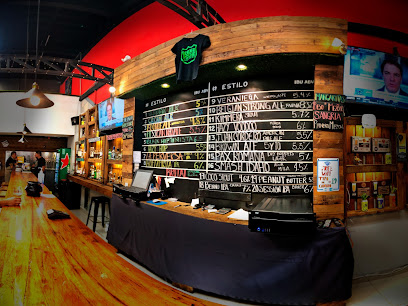
La Malquerida
Experience the vibrant nightlife of Tijuana at La Malquerida, a lively bar offering delicious drinks and a taste of local culture.
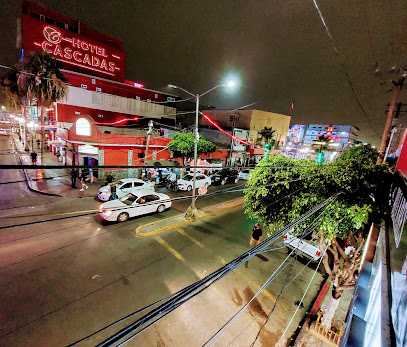
Bierhalle
Discover the vibrant flavors of Tijuana at Bierhalle, where delicious grilled dishes and a lively atmosphere await.
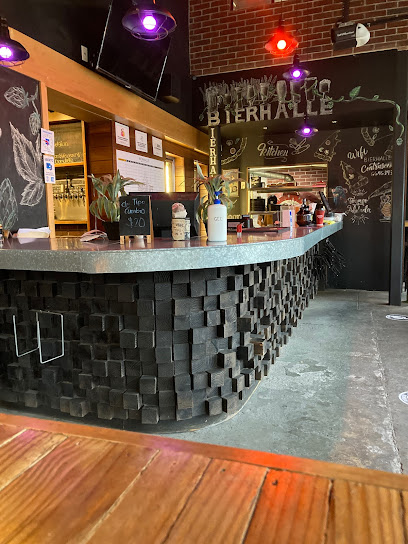
Nonis Bar
Discover the lively Nonis Bar in Tijuana, where affordable drinks and a vibrant atmosphere create the perfect nightlife experience.
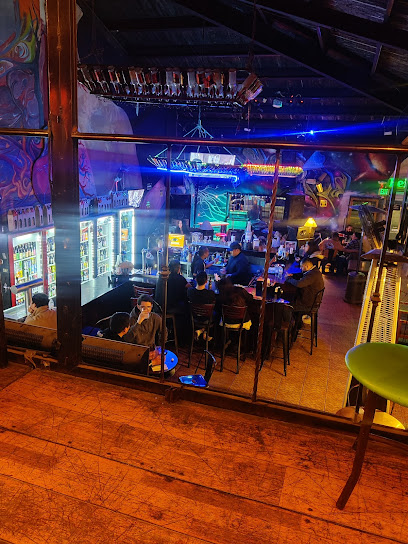
La Mezcalera
Discover the vibrant atmosphere and artisanal mezcal selection at La Mezcalera, Tijuana's hidden bar gem in the heart of the city.
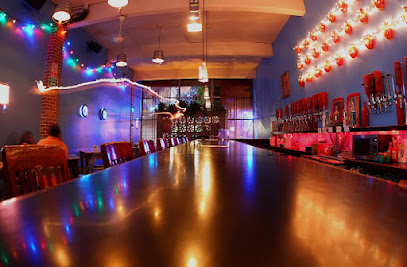
TROPIC'S BAR
Experience the vibrant nightlife of Tijuana at Tropic's Bar, where cocktails, live music, and a lively atmosphere await every visitor.
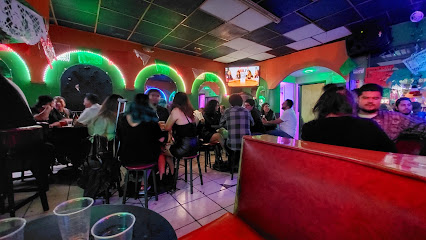
Licobar
Experience the vibrant nightlife of Tijuana at Licobar, where delicious drinks and live music create the perfect atmosphere for a memorable evening.
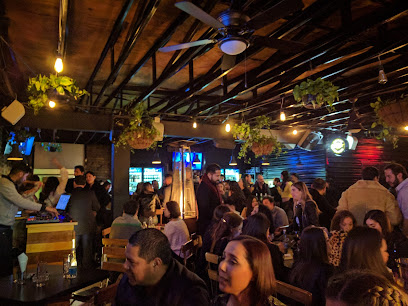
Local Phrases
-
- HelloHola
[oh-lah] - GoodbyeAdiós
[ah-dee-ohs] - YesSí
[see] - NoNo
[noh] - Please/You're welcomePor favor/De nada
[por fah-vor/deh nah-dah] - Thank youGracias
[grah-see-ahs] - Excuse me/SorryPermiso/Lo siento
[pehr-mee-so/loh see-ehn-toh] - How are you?¿Cómo estás?
[koh-moh ehs-tahs] - Fine. And you?Bien. ¿Y tú?
[bee-ehn. ee too] - Do you speak English?¿Hablas inglés?
[ah-blahs een-glays] - I don't understandNo entiendo
[noh ehn-tee-ehn-doh]
- HelloHola
-
- I'd like to see the menu, pleaseQuisiera ver el menú, por favor
[kee-see-eh-rah behr ehl meh-noo, por fah-vor] - I don't eat meatNo como carne
[noh koh-moh kahr-neh] - Cheers!¡Salud!
[sah-loohd] - I would like to pay, pleaseMe gustaría pagar, por favor
[meh goos-tah-ree-ah pah-gahr, por fah-vor]
- I'd like to see the menu, pleaseQuisiera ver el menú, por favor
-
- Help!¡Ayuda!
[ah-yoo-dah] - Go away!¡Vete!
[veh-teh] - Call the Police!¡Llama a la policía!
[yah-mah ah lah poh-lee-see-ah] - Call a doctor!¡Llama a un doctor!
[yah-mah ah oon dohk-tohr] - I'm lostEstoy perdido
[ehs-toy pehr-dee-doh] - I'm illEstoy enfermo
[ehs-toy ehn-fehr-moh]
- Help!¡Ayuda!
-
- I'd like to buy...Me gustaría comprar...
[meh goos-tah-ree-ah kohm-prahr] - I'm just lookingSólo estoy mirando
[soh-loh ehs-toy mee-rahn-doh] - How much is it?¿Cuánto cuesta?
[kwan-toh kwehs-tah] - That's too expensiveEso es muy caro
[eh-soh ehs mwee kah-roh] - Can you lower the price?¿Puedes bajar el precio?
[pweh-dehs bah-hahr ehl pree-syoh]
- I'd like to buy...Me gustaría comprar...
-
- What time is it?¿Qué hora es?
[keh oh-rah ehs] - It's one o'clockEs la una
[ehs lah oo-nah] - Half past (10)Media (10)
[meh-dee-ah (deez-ee-ays)] - MorningMañana
[mah-nyah-nah] - AfternoonTarde
[tahr-deh] - EveningNoche
[noh-cheh] - YesterdayAyer
[ah-yehr] - TodayHoy
[oy] - TomorrowMañana
[mah-nyah-nah] - 1Uno
[oo-noh] - 2Dos
[dohs] - 3Tres
[trehs] - 4Cuatro
[kwah-troh] - 5Cinco
[seen-koh] - 6Seis
[says] - 7Siete
[syeh-teh] - 8Ocho
[oh-choh] - 9Nueve
[nweh-veh] - 10Diez
[dyehs]
- What time is it?¿Qué hora es?
-
- Where's a/the...?¿Dónde está...?
[dohn-deh ehs-tah] - What's the address?¿Cuál es la dirección?
[kwahl ehs lah dee-rehk-syohn] - Can you show me (on the map)?¿Puedes mostrarme (en el mapa)?
[pweh-dehs mohs-trar-meh (ehn ehl mah-pah)] - When's the next (bus)?¿Cuándo es el próximo (autobús)?
[kwan-doh ehs ehl prohk-see-moh (ow-toh-boos)] - A ticket (to ....)Un boleto (a ...)
[oon boh-leh-toh (ah ...)]
- Where's a/the...?¿Dónde está...?
History of Tijuana
-
Long before the arrival of Spanish explorers, the area now known as Tijuana was inhabited by the Kumeyaay people. They lived in the region for thousands of years, subsisting through hunting, fishing, and gathering. The Kumeyaay culture is rich with traditions, including unique basket-weaving techniques and a deep spiritual connection to the land.
-
In the late 18th century, Spanish explorers arrived in the region. In 1769, explorer Gaspar de Portolá and missionary Junípero Serra journeyed through the area. Soon after, the Spanish established missions throughout California, including the nearby Mission San Diego de Alcalá. While no mission was established directly in Tijuana, the region fell under Spanish influence, leading to significant cultural and demographic changes.
-
Following Mexico's independence from Spain in 1821, the mission lands were secularized and distributed as large ranchos. Tijuana became part of the Rancho Tía Juana, granted to Santiago Argüello in 1829. The rancho system defined the region's economy and social structure, focusing on cattle ranching and agriculture.
-
The modern city of Tijuana began to take shape in the late 19th century. In 1889, the land was officially divided, and the city was founded. With the completion of the railroad connecting Tijuana to the United States in the early 20th century, the city experienced rapid growth. Tijuana soon became a popular destination for Americans, especially during the Prohibition era when it was known for its casinos, racetracks, and nightlife.
-
Post-World War II, Tijuana experienced significant economic growth, driven by tourism and the maquiladora industry. The city's proximity to the U.S. border made it an attractive location for factories producing goods for export. The 1965 Border Industrialization Program further accelerated this trend, transforming Tijuana into a bustling industrial hub.
-
In recent decades, Tijuana has undergone a cultural renaissance. The city has become a vibrant center for arts, music, and cuisine. The Tijuana Cultural Center (CECUT), established in 1982, has played a pivotal role in promoting the arts. Tijuana's culinary scene, particularly its innovative street food and craft beer culture, has garnered international acclaim.
-
Despite its many successes, Tijuana faces ongoing challenges, including issues related to immigration, crime, and urban development. However, the city's resilience is evident in its dynamic community initiatives and efforts to improve safety and quality of life. Tijuana continues to evolve, balancing its rich cultural heritage with modern aspirations.
Tijuana Essentials
-
Tijuana is located in the Baja California Peninsula and is easily accessible from the United States. The closest major airport is Tijuana International Airport (TIJ), also known as General Abelardo L. Rodríguez International Airport. It offers both domestic and international flights. Alternatively, you can fly into San Diego International Airport (SAN) in the United States and then cross the border via car, taxi, or pedestrian bridge at the Cross Border Xpress (CBX), which connects directly to Tijuana Airport. Buses and shuttles from various parts of Mexico and the United States also service Tijuana.
-
Tijuana offers various transportation options including taxis, ride-sharing services like Uber, and public buses. The city also has a light rail system known as the Tijuana Trolley, which connects with San Diego. Renting a car is another option, but be aware of traffic and parking conditions. For short distances, walking can be a practical choice, especially in tourist-friendly areas like Avenida Revolución.
-
The official currency in Tijuana is the Mexican Peso (MXN). U.S. dollars are also widely accepted in many places, particularly in tourist areas. Credit and debit cards are commonly accepted in hotels, restaurants, and larger shops, but it's advisable to carry some cash for smaller establishments and markets. ATMs are widely available across the city, and many offer the option to withdraw either Mexican Pesos or U.S. dollars.
-
While Tijuana is generally safe for tourists, it's important to take common-sense precautions. Avoid neighborhoods known for high crime rates, such as Zona Norte and Sánchez Taboada. Stick to well-lit, populated areas, especially at night. Keep an eye on your belongings in crowded places, and avoid displaying large amounts of cash or expensive jewelry. Use reputable transportation options and avoid traveling alone late at night.
-
In case of emergency, dial 911 for immediate assistance. Tijuana has several hospitals and medical facilities that can cater to emergencies. It is advisable to have travel insurance that covers medical emergencies. For minor health issues, numerous pharmacies are available throughout the city. The U.S. Consulate in Tijuana can also provide assistance to American citizens in emergency situations.
-
Fashion: Do dress comfortably and casually, but avoid overly revealing clothing in conservative areas. Religion: Do respect local customs and traditions, especially when visiting churches. Public Transport: Do be aware of your surroundings and keep an eye on your belongings. Don't eat or drink on public transport. Greetings: Do greet people with a handshake and a friendly 'Hola'. Eating & Drinking: Do try local delicacies and street food, but make sure to eat from reputable vendors to avoid foodborne illnesses. Don't refuse hospitality, as it is considered impolite.
-
To experience Tijuana like a local, visit the Mercado Hidalgo for fresh produce and local snacks. Enjoy the vibrant nightlife on Avenida Revolución and explore the city's rich culinary scene, including its famous street tacos. Engage with locals, who are often friendly and willing to share tips about their city. Don't miss a visit to the Tijuana Cultural Center (CECUT) for a taste of local art and history.
Trending Landmark in Tijuana
-
Parque Morelos
-
Tijuana Cultural Center
-
Amistad Park
-
Parque Teniente Guerrero
-
Las Pulgas
-
Plaza Mundo Divertido
-
Mundo Divertido
-
Tijuana Arch (Friendship Arch)
-
PLAZA SANTA CECILIA
-
Mercado Hidalgo
-
RELOJ MONUMENTAL
-
Monument to Emperor Cuauhtémoc
-
MULLME Museo de La Lucha Libre Mexicana
-
Monumento de La Diana Cazadora
-
Monument to Abraham Lincoln
Nearby Cities to Tijuana
-
Things To Do in Chula Vista
-
Things To Do in Coronado
-
Things To Do in San Diego
-
Things To Do in La Jolla
-
Things To Do in Carlsbad
-
Things To Do in Oceanside
-
Things To Do in Temecula
-
Things To Do in Laguna Beach
-
Things To Do in Palm Desert
-
Things To Do in Irvine
-
Things To Do in Costa Mesa
-
Things To Do in Palm Springs
-
Things To Do in Huntington Beach
-
Things To Do in Anaheim
-
Things To Do in Long Beach















